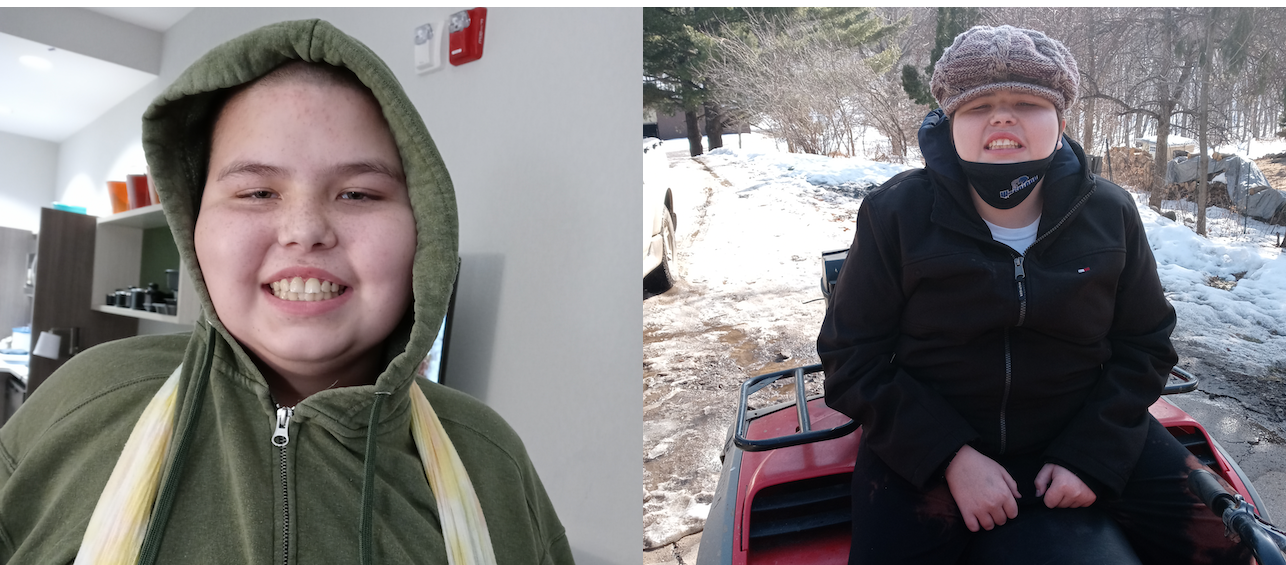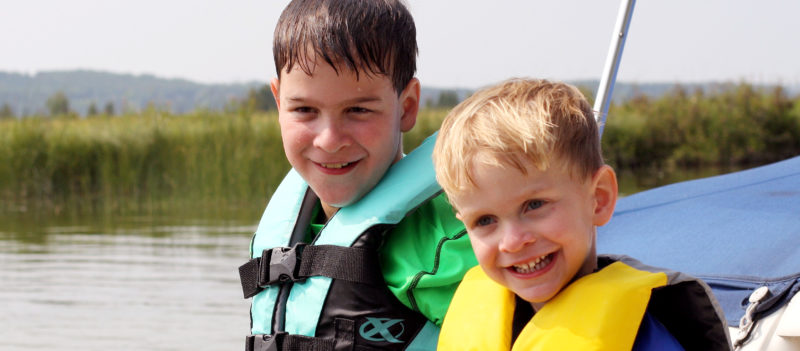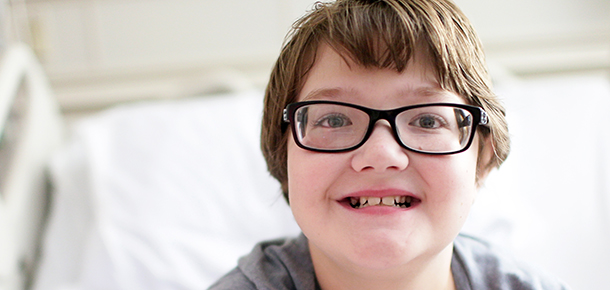 Members of the Cincinnati Children’s team are currently involved in discovering and developing new treatments for kids with autism spectrum disorders. Learn about the latest research and parent resources.
Members of the Cincinnati Children’s team are currently involved in discovering and developing new treatments for kids with autism spectrum disorders. Learn about the latest research and parent resources.
Researchers Report Success in Treating CTD Autism Spectrum Disorder
Using a mouse model of autism, researchers at the University of Cincinnati (UC) and Cincinnati Children’s Hospital Medical Center have successfully treated an autism spectrum disorder characterized by severe cognitive impairment.
The research team, led by Joe Clark, PhD, a professor of neurology at UC, reported its findings in the July 2, 2012, issue of Journal of Clinical Investigation, a publication of the American Society for Clinical Investigation.
The disorder, creatine transporter deficiency (CTD) is caused by a mutation in the creatine transporter protein that results in deficient energy metabolism in the brain. Linked to the X chromosome, CTD affects boys most severely; women are carriers and pass it on to their sons.
The brains of boys with CTD do not function normally, resulting in severe speech deficits, developmental delay, seizures and profound mental retardation.
CTD is estimated to currently affect about 50,000 boys in the United States and is the second-most common cause of X-linked mental retardation after Fragile X syndrome.
Following CTD’s discovery at UC in 2000, researchers led by Clark at UC and Cincinnati Children’s discovered a method to treat it with cyclocreatine—also known as CincY, (pronounced cinci-why)—a manufactured form of creatine originally developed as part of a combination cancer therapy. They then treated genetically engineered mice as an animal model of the human disease.
“CincY successfully entered the brain and reversed the mental retardation-like symptoms in the mice, with benefits seen in nine weeks of treatment,” says Clark, adding that no harmful effects to the mice were observed in the study. “Treated mice exhibited a profound improvement in cognitive abilities, including recognition of novel objects, spatial learning and memory.”
As a repurposed drug (originally developed for another therapy), CincY has already been through part of the U.S. Food and Drug Administration (FDA) approval process.
UC’s Office of Entrepreneurial Affairs and Technology Commercialization has reached an agreement with Lumos Pharma, a privately held Austin, Texas, startup company based on UC technology, to develop and commercialize CincY.
Lumos Pharma plans to initiate a preclinical development plan supported by the National Institutes of Health Therapeutics for Rare and Neglected Diseases (TRND) program. The plan includes filing an Investigational New Drug (IND) application with the FDA prior to beginning a clinical trial.
Such a trial would be about three years away, Clark says.
“It has taken many years to get here and I am happy that our efforts have led to this translational effort to make a therapy available to those afflicted with CTD,” adds Clark. “We look forward to the day when patients will benefit from our work.”
The research by Clark’s team was supported by funding from the National Institutes of Health.
New Tool Kit Helps Parents Understand, Manage Behavioral Treatments
Behavior issues common in children and adolescents with autism, can quickly frustrate parents. Problem behavior – acting out, yelling, seeking attention and being aggressive – is hard on both the child and parents. To help get through these moments with less stress, it helps to have a behavior-management plan already in place.
Autism Speaks Autism Treatment Network developed a Behavioral Health Treatments Tool Kit to provide parents with strategies they can use at home.
Laura Srivorakiat, M.A., a doctoral student in clinical psychology at Cincinnati Children’s Hospital Medical Center, an Autism Treatment Network center, was part of the project.
The kit focuses on ways to encourage desirable behaviors and discourage problem behaviors. Parents of a newly diagnosed child will find this information especially helpful. But there’s a lot here for experienced parents as well. The methods prove helpful at any age.
Learn more about it at https://www.autismspeaks.org/blog/2012/06/26/new-tool-kit-explains-behavioral-health-treatments




